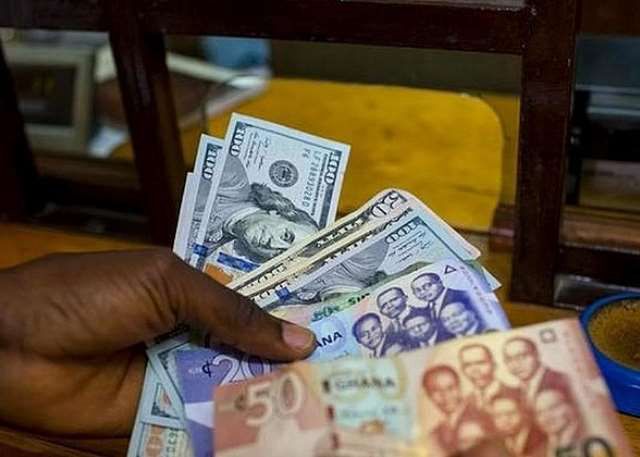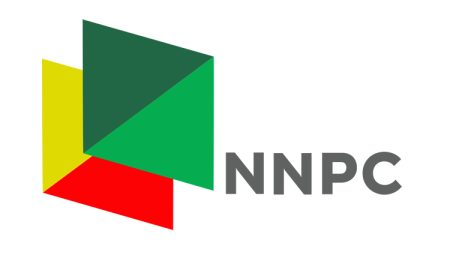The Ghanaian Cedi exhibited robust performance against the US dollar in late May 2025, showcasing a notable appreciation trend across various exchange platforms. Data compiled from Cedirates.com, a trusted source for currency information in Ghana, revealed a buying rate of GHS10.23 per dollar and a selling rate of GHS11.15 as of Tuesday, May 27, 2025. This indicates a strengthening of the Cedi, making it comparatively less expensive to acquire dollars. Forex bureaus, which cater to individual currency exchange needs, offered slightly different rates, reflecting the dynamics of supply and demand in the retail market. Individuals looking to exchange dollars for cedis could obtain a rate of GHS10.50, while those converting cedis to dollars faced a rate of GHS11.60. This spread between buying and selling rates is a standard practice in currency exchange, representing the bureau’s profit margin.
The interbank market, where financial institutions trade currencies in larger volumes, presented a more competitive landscape. Here, the Cedi demonstrated even greater strength, trading at GHS10.39 for buying dollars and GHS10.41 for selling dollars. This tighter spread between buying and selling rates reflects the higher volume and efficiency of transactions within the interbank market. These interbank rates often serve as a benchmark for other exchange platforms and provide insight into the overall strength of the Cedi against the dollar. The appreciation of the Cedi suggests positive economic indicators and potentially increased investor confidence in the Ghanaian economy.
Beyond the US dollar, the Cedi’s performance against other major currencies, such as the British Pound and the Euro, painted a similar picture of strength. The average exchange rate for converting British pounds to cedis stood at GHS13.79, while converting cedis to pounds cost GHS15.11. Similarly, the Euro traded at GHS11.58 for exchanging euros for cedis and GHS12.69 for the reverse transaction. These rates, obtained from various exchange platforms including forex bureaus, illustrate the Cedi’s relatively stable position against these major currencies. The Bank of Ghana’s interbank market further corroborated this trend, reporting a selling rate of GHS14.11 for the Pound and GHS11.84 for the Euro.
Money transfer services, a crucial component of international remittances and cross-border transactions, offered competitive exchange rates for those sending money to Ghana. LemFi and Afriex, prominent players in this space, provided attractive rates for dollar transfers from the US or the UK. LemFi offered a rate of GHS10.24 per dollar, while Afriex provided an even more competitive rate of GHS9.87 per dollar. This competition within the money transfer market benefits consumers, allowing them to maximize the value of their remittances. For British Pound transfers, LemFi offered a rate of GHS13.81, and Afriex offered a slightly lower rate of GHS13.44. For Euro transfers, Afriex offered GHS11.65, while LemFi provided a rate of GHS11.27 per Euro. These competitive rates reflect the growing importance of these services in facilitating international money flows.
The exchange rates for digital subscriptions provided another lens into the Cedi’s performance. For payments made using Visa and Mastercard for services like Netflix, Spotify, and Apple Music, the exchange rates were GHS11.34 and GHS11.24, respectively. These rates are slightly higher than the interbank rates, reflecting the transaction fees and currency conversion costs associated with international digital payments. The relatively stable rates observed for these transactions indicate a consistent and predictable environment for consumers using international digital services.
In summary, the Ghanaian Cedi displayed significant strength against major international currencies in late May 2025. Across various exchange platforms, including forex bureaus, the interbank market, and money transfer services, the Cedi held its ground against the US dollar, the British Pound, and the Euro. This positive performance suggests favorable economic conditions within Ghana and potentially increased confidence in the Cedi’s stability. The competitive rates offered by money transfer services and the relatively stable rates for digital subscriptions further underscore the Cedi’s resilience and its integration into the global financial landscape. This sustained appreciation could potentially contribute to lower import costs and offer a boost to the Ghanaian economy.














